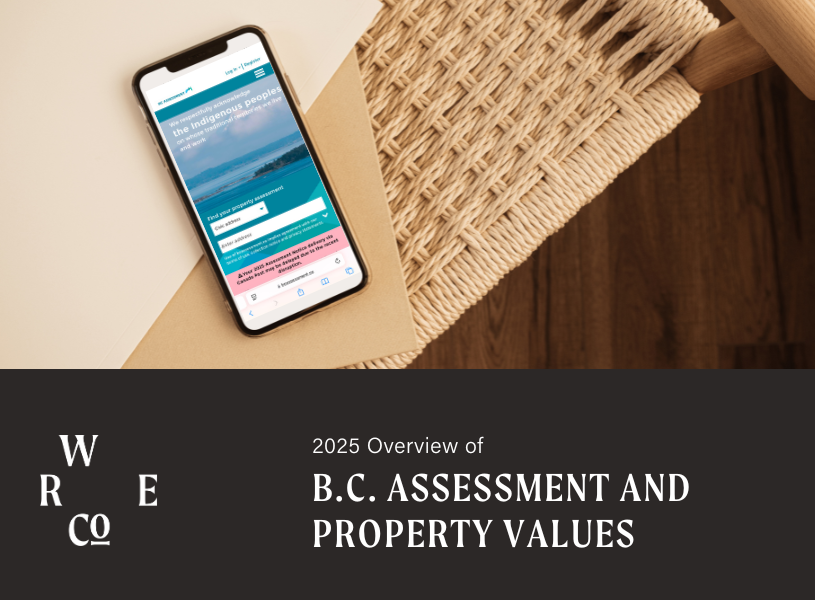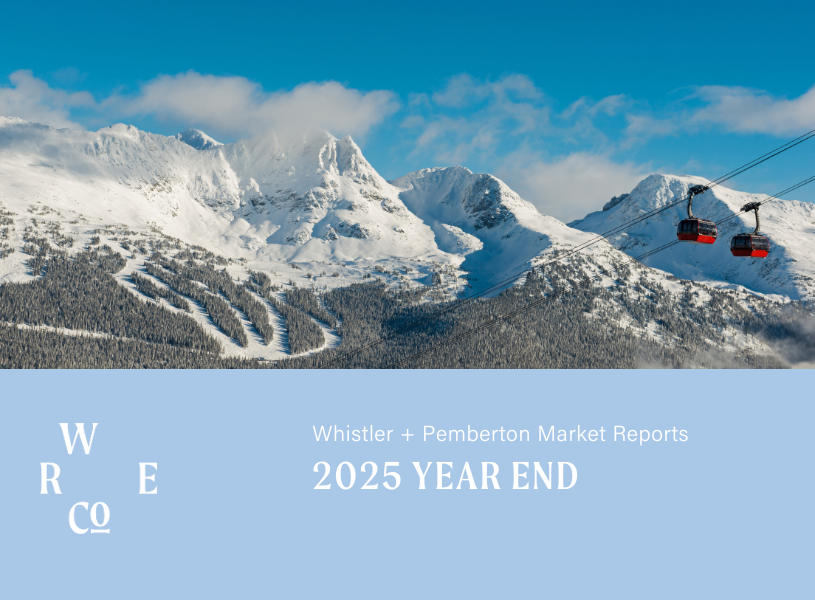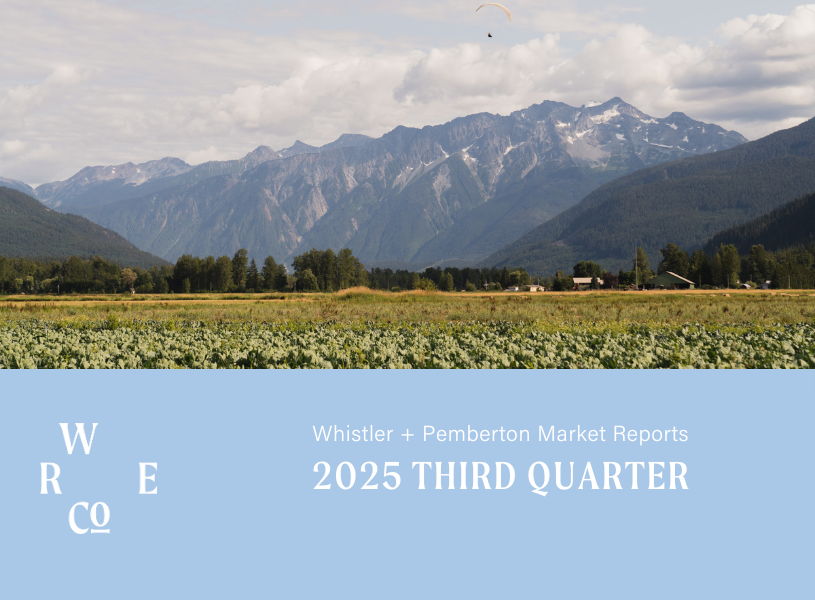2025 Overview of B.C. Assessment and Property Values

BC Assessment evaluates properties annually to determine their value, classification, and any applicable exemptions, which are critical in determining the amount of property taxes paid by property owners. Each January, BC Assessment sends a property assessment notice detailing:
- Value: An estimate as of July 1 of the previous year.
- Classification: Reflecting the property’s use (e.g., residential, commercial).
- Exemptions: If applicable.
These assessments play a vital role in ensuring fair property taxation.
How Properties Are Valued
BC Assessment values most properties based on market value, using actual sales in the same area and property class for comparison. Non-market-value sales are excluded. To determine your property’s value, assessors evaluate factors such as:
- Location
- Size
- Land surface (topography)
- Shape
- Use
- Age and condition of buildings
Changes in your property’s assessed value are compared to similar properties within the same area and property class.
Relationship Between Assessment and Taxation
The relationship between property assessment and taxation is direct and significant. Here’s how they are connected:
Assessment Determines Taxable Value:
- Property assessment establishes the value of your property, typically based on its market value as of July 1 of the previous year.
- This value serves as the baseline for calculating property taxes.
Tax Rate Applied to Assessed Value:
Your property taxes are calculated by applying the tax rate (or mill rate) to your property’s assessed value.
Formula: Property Tax = Assessed Value x Tax Rate
Due July Received January Spring
BC Assessment Set by Taxing Authority
*Unless your taxing authority has enacted an alternative municipal tax collection structure under section 235 of the Community Charter.
Impact of Assessment Changes:
- Increase in Assessed Value: If your property’s value increases compared to the previous year, your taxes will likely rise unless the tax rate decreases.
- Decrease in Assessed Value: If your property’s value decreases, your taxes may go down, provided the tax rate remains stable.
Residential and Commercial Trends
Residential Hotspots:
Since COVID-19, smaller, rural communities have seen significant increases in property values. Notable hotspots include:
- Williams Lake (+10%)
- Elkford (+11%)
- Tumbler Ridge (+13%)
- Burns Lake (+19%)
- Tahsis (+23%)
High-Value Properties:
The top 10 highest-valued properties are primarily in Vancouver (e.g., Belmont Avenue, Point Grey Road), with James Island being the only exception outside the city.
Commercial Properties:
Over the past three evaluations, assessed commercial property values have seen minimal overall change.
Key Factors to Note
“Highest and Best Use”:
Property assessments are based on the “highest and best use” of the land, which incorporates factors like zoning and neighbourhood development. However, under Section 19(8) of the Assessment Act, long-term residents in changing neighbourhoods may qualify for a special assessment at current use, which could lower their property taxes. More information can be found here.
Appeals and Adjustments:
If you believe your property assessment is inaccurate:
- Contact BC Assessment to discuss concerns.
- Appeal: If unresolved, file an appeal with the Property Assessment Review Panel (PARP). The appeal deadline is January 1st.
If your appeal results in a change, your property taxes may be adjusted:- Tax decrease: You may receive a refund.
- Tax increase: You will need to pay the higher amount.
New for 2025
You can now view your Property Assessment Notice online by searching your property address here.
Property assessments influence taxation. Staying informed about the valuation process and addressing concerns promptly can ensure fair and accurate assessments. Please refer to the BC Assessment website for more information.


